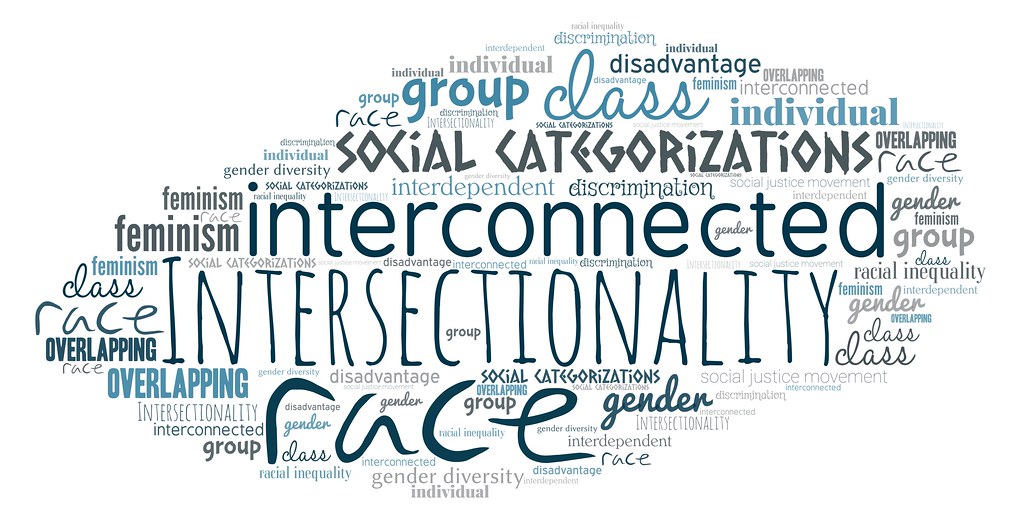|
February is Black History Month. Each year, we hear of historical accounts of how Black individuals throughout time have made significant contributions to the fabric of American society. Martin Luther King Jr.. Rosa Parks. Harriet Tubman. And the list can go on. There has been a more recent push over the last several months to break the mold, and delve more deeply into how current societal presentations and experiences of Black Americans are impacted by our history as a nation. There are those who believe that acknowledgment and study of our country’s past better informs our understanding of its present, and can shape its future. There are others who believe such learning is unnecessary, and that the past should be the past. For me, this knowledge presents a sense of accountability and ownership which influences how I show up as an individual and clinician each day.
As you have probably seen in our recent social media posts, minority speech-language pathologists make up a very small percentage of the profession. Only 8.5% of clinicians are classified as racial minorities, with 3.6% categorizing themselves as Black or African American. The vast majority of our field consists of white females. This is in stark contrast to the almost 40% of Americans who identify as a racial minority, with 13.4% identifying as Black or African American. So what in the world do these statistics have to do with practicing as a speech-language pathologist? I’m essentially a minority in a profession that is serving a quickly increasing population of black and brown individuals, and not all of those patients necessarily feel seen or heard. And I would have to say, I too echo their sentiments even though I’m in the role of the “expert” or “professional”. A recent patient of mine (a Black woman in her 50s) confided that she was “so glad” that she was being treated by a Black speech-language pathologist. She stated that she knew I would “get her”. And somehow within that short phrase, I knew what she meant. I understand the style of communication. I understand that there are topics that are never or rarely spoken of in a communal sense with family or friends, particularly those who are of older generations (and certainly not with a young “chap” as myself). I understand our food choices and diet, and their impact on wellness (which is more deeply rooted in social, political, and economic history…but that is for another day). I understand what influences our choices to seek out healthcare, and reasons why we don’t. I understand why when we do seek out professional opinions, we may or may not adhere to recommendations. That one phrase conveyed so much. But on the other side of the coin, there must be so many instances when patients of color don’t feel that same reciprocity. Which begs the question - how much information are non-minority clinical and medical professionals really missing regarding not just patient care, but understanding the life experiences of their patients? Are we doing enough as a profession, as a field? The work is just beginning. Even with other colleagues and professionals I collaborate with, I’m seeing more openness with discussions about race, cultures, linguistic awareness, cognizance about gender identity, and many other social constructs which shape our day-to-day life. We cannot approach this change in perspective and practice as a sprint. It is indeed a marathon, and perhaps there are small steps we can take to invoke long lasting change:
Comments are closed.
|
Devon Brunson, MS, CCC-SLP, CBISWelcome to the CSL Blog - musings about treatment, education, care, and advocacy. Archives
June 2024
Categories |

 RSS Feed
RSS Feed